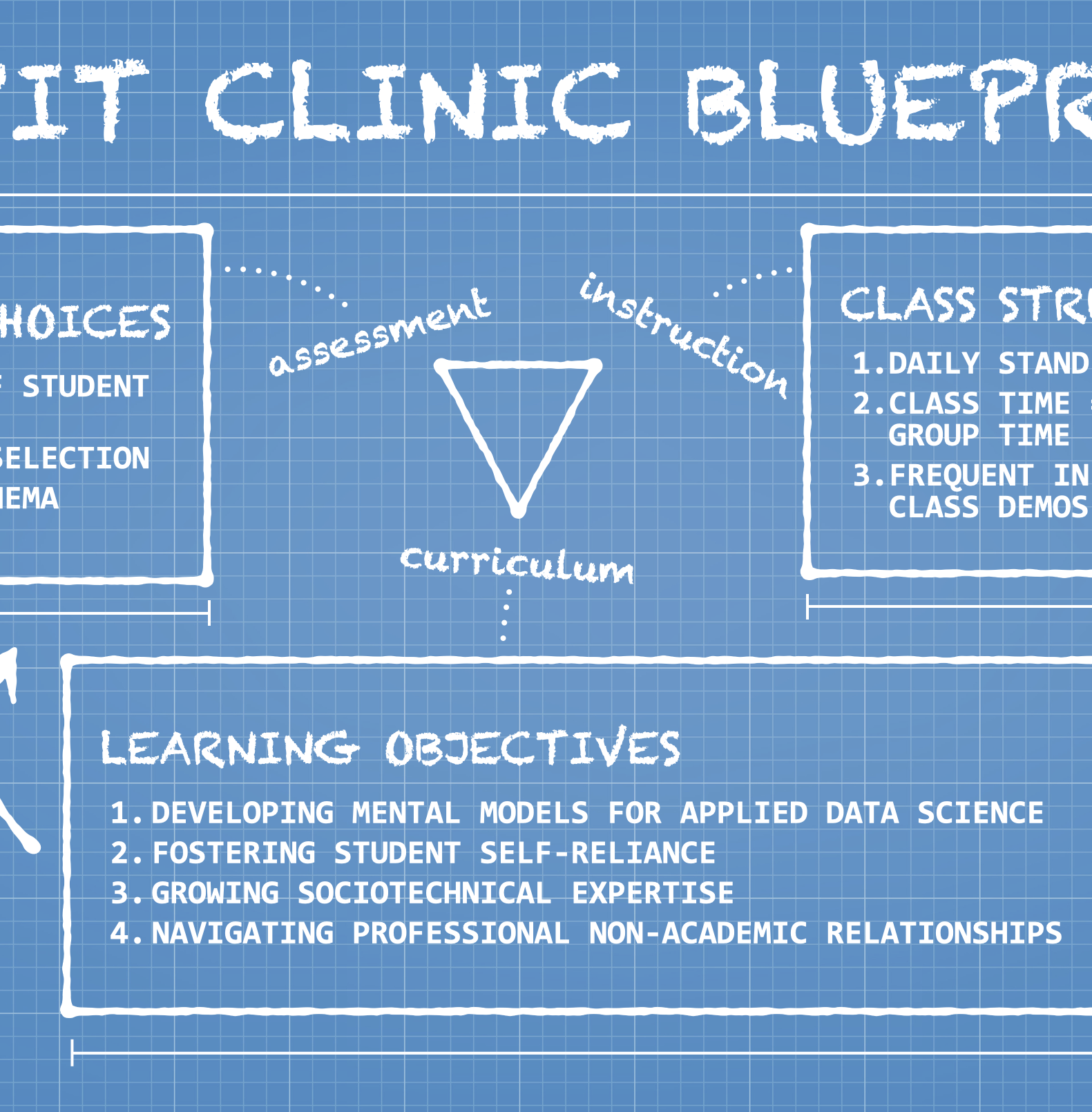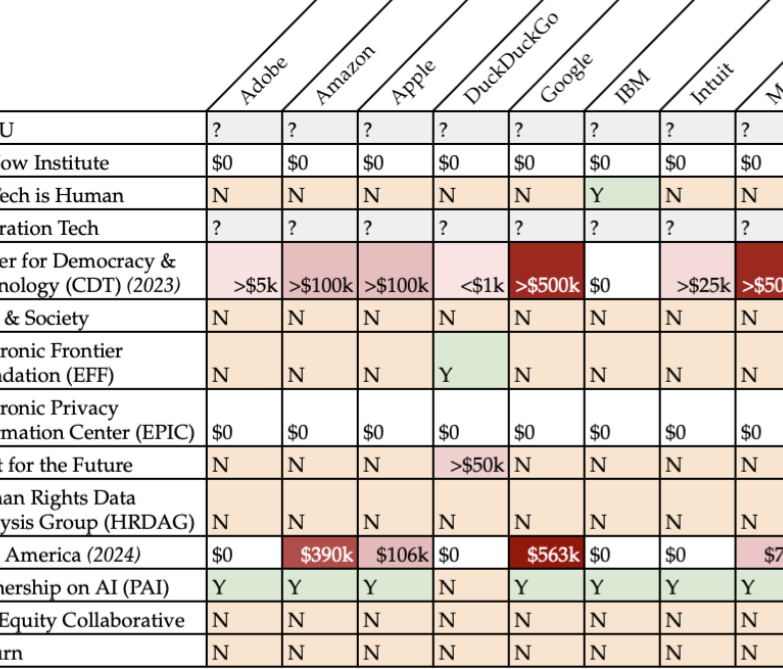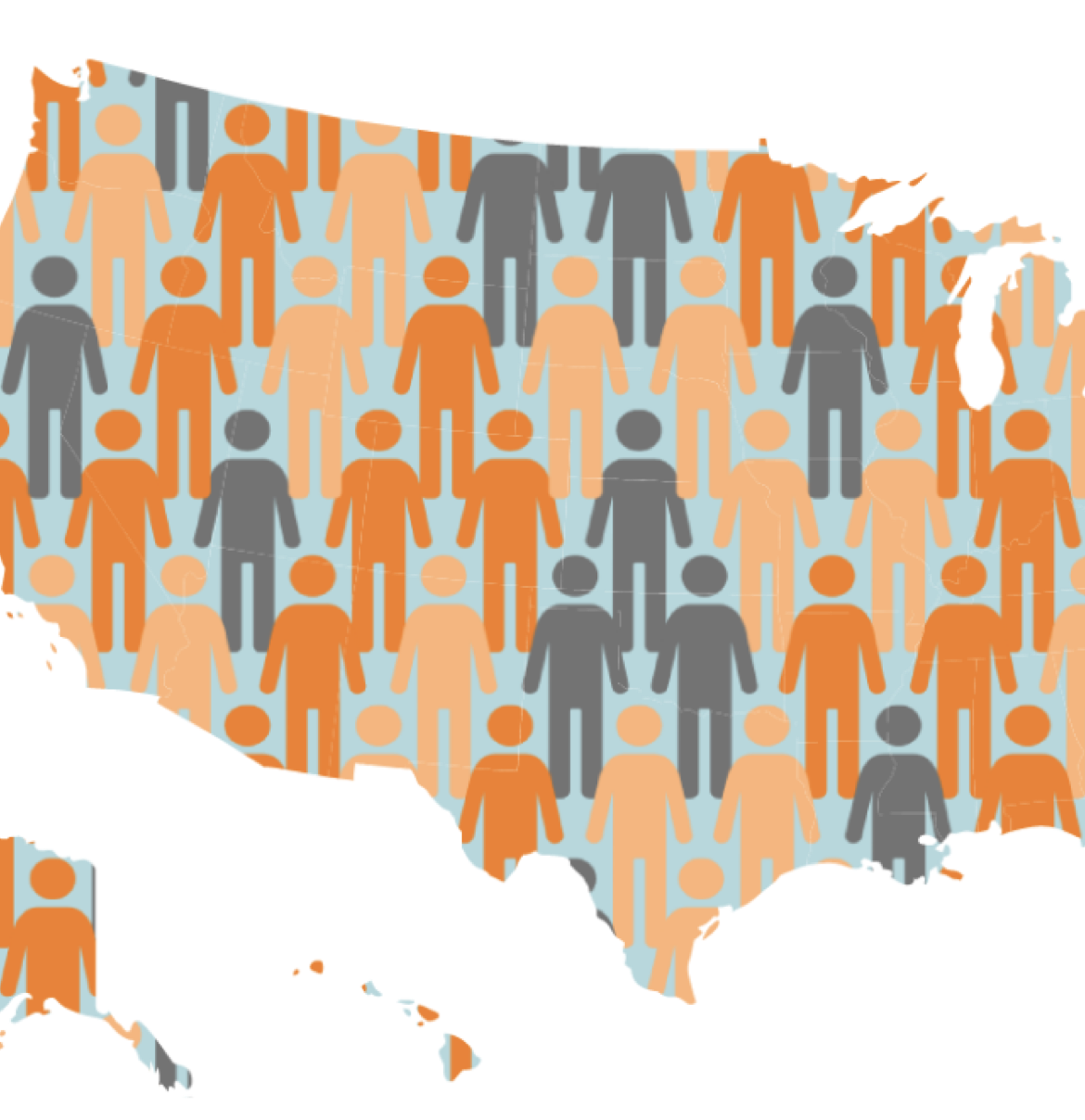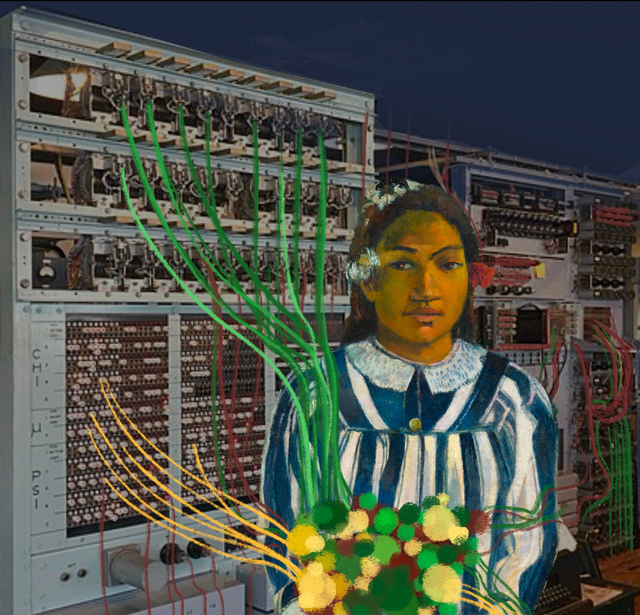

ADVOCACY TECHNOLOGISTS: BEYOND BIG TECH
2025 CSCW Impact Recognition An interview study that seeks to characterize a new class of professionals that I term advocacy technologists: tech experts operating within nonprofit and civil society organizations. With their critical, cross-disciplinary, and trailblazing work, advocacy technologists are choosing to occupy a precarious new niche within advocacy ecosystems that has great potential to impact policy and design outcomes.
- 2023-24 Berkeley Empirical Legal Studies Fellowship
- 2024 Berkeley IRLE Graduate Research Award
- 2024 Data for Black Lives Conference @ Miami

PUBLIC INTEREST TECHNOLOGY CLINICS
As a form of experiential education and service learning growing in popularity, public interest technology (PIT) clinics immerse students in real-world challenges where data science meets the public interest. We offer an exploratory pedagogical blueprint for successful PIT clinics, stemming from our experience running a Public Policy Data Lab for master’s students at the Berkeley I School, and further enriched through conversations with designers of PIT clinics at peer institutions.
- 2025 Teaching & Learning Conference @ Berkeley
- 2025 ACM FAccT Tutorial @ Athens, Greece



PUBLIC INTEREST TECH FUNDING & INSTITUTIONS
As tech workers' discomfort with Big Tech grows, many are moving into 'public interest tech' initiatives, often in the nonprofit sector. But where does the money come from? And what's more, how do funding sources and institutions shape power dynamics and influence social, technical, and political agenda-setting in public interest tech work? Using a mixed methodology that combines analysis of public financial documents and data and interviews with civil society experts, we look into strategies, networks, patterns, traps, & norms for PIT funding.
w/ Dan Bateyko + Jared Katzman
- 2025 Privacy Law Scholars Conference @ UCLA
 Image: MALDEF & AAJC
Image: MALDEF & AAJC
DIFFERENTIAL PRIVACY & CENSUS 2020
In order to address their growing concerns regarding the confidentiality of census responses, the U.S. Census Bureau implemented a cryptographic method called differential privacy for the 2020 national census. The ensuing confusion and controversy offers lessons for the responsible, participatory, and transparent government use of algorithmic technologies.
w/ Amina Abdu + Abbie Jacobs + Deirdre Mulligan
- 2023 Data (Re)Makes the World Conference @ Yale
- 2023 Privacy Law Scholars Conference @ CU Boulder
- 2024 ACM FAccT @ Rio de Janeiro
 Image: MALDEF & AAJC
Image: MALDEF & AAJC
ALGORITHMIC REPARATIONS
Algorithmic reparation has emerged as a framework for addressing algorithmic systems’ role in inequity and injustice. But when is it the right method for redress? This collaborative project, begun at the 2022 Algorithmic Reparations Workshop, defines and taxonomizes the relationship between algorithmic reparation and algorithmic harm, offering a framework grounded in international human rights law to advise on when algorithmic reparation is an appropriate remedy.
w/ Colin Doyle + Melissa Alvarez-Garcia + Pelle Tracey + Gabriel Grill + Cedric Whitney
READ THE PAPER